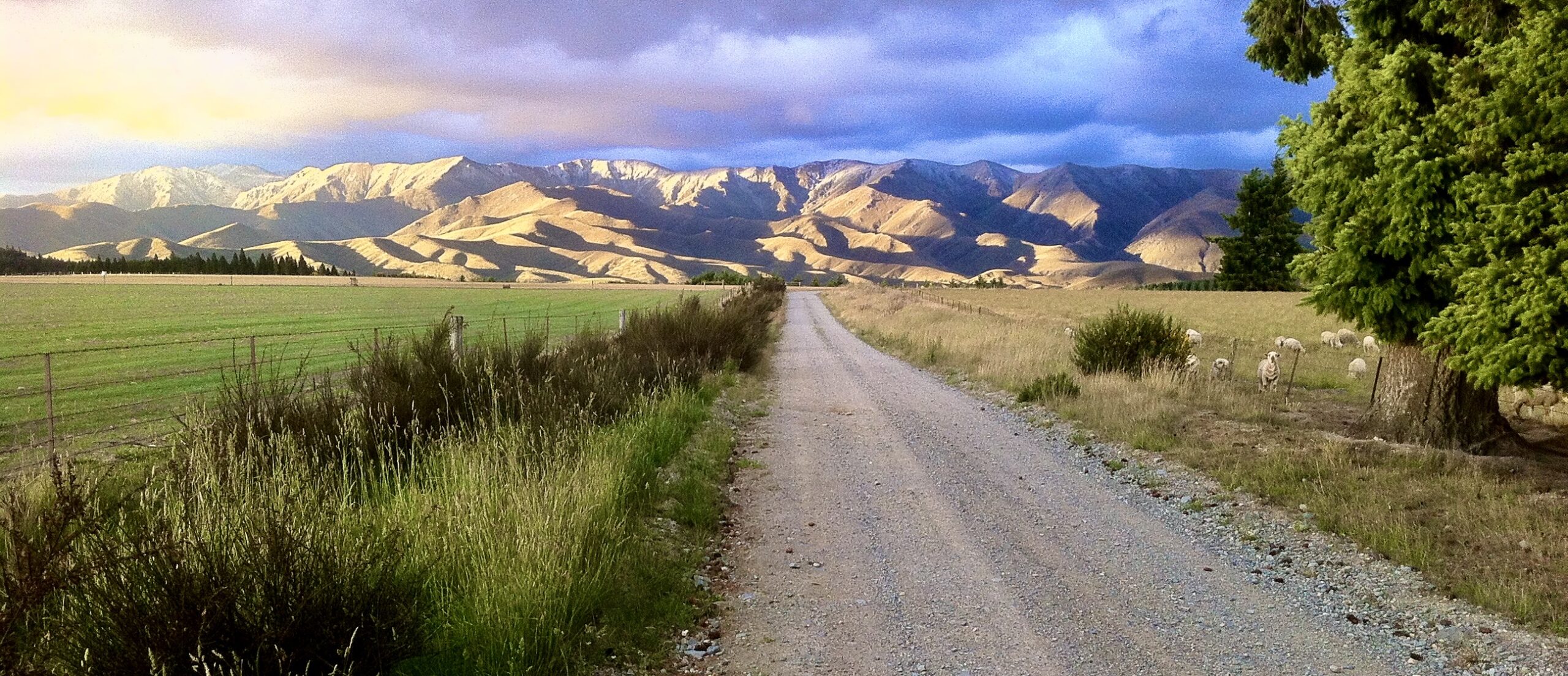
I was feeling jaded and anxious about my new/old/latest/ongoing project. It was all too much. I couldn’t even think about it. Then I teed up a meeting with Beverly, but felt so despondent I almost cancelled. Not quite, however. She asked me questions, got me to peel back the layers of diffidence, helped me uncover the original impulse and the joy and certainty attached to that. Her eyes fired, her face and voice came alive — she made of herself a kind of mirror, giving my sense of purpose and determination back to me.
I found myself ready to take the next step.
What a gift.














